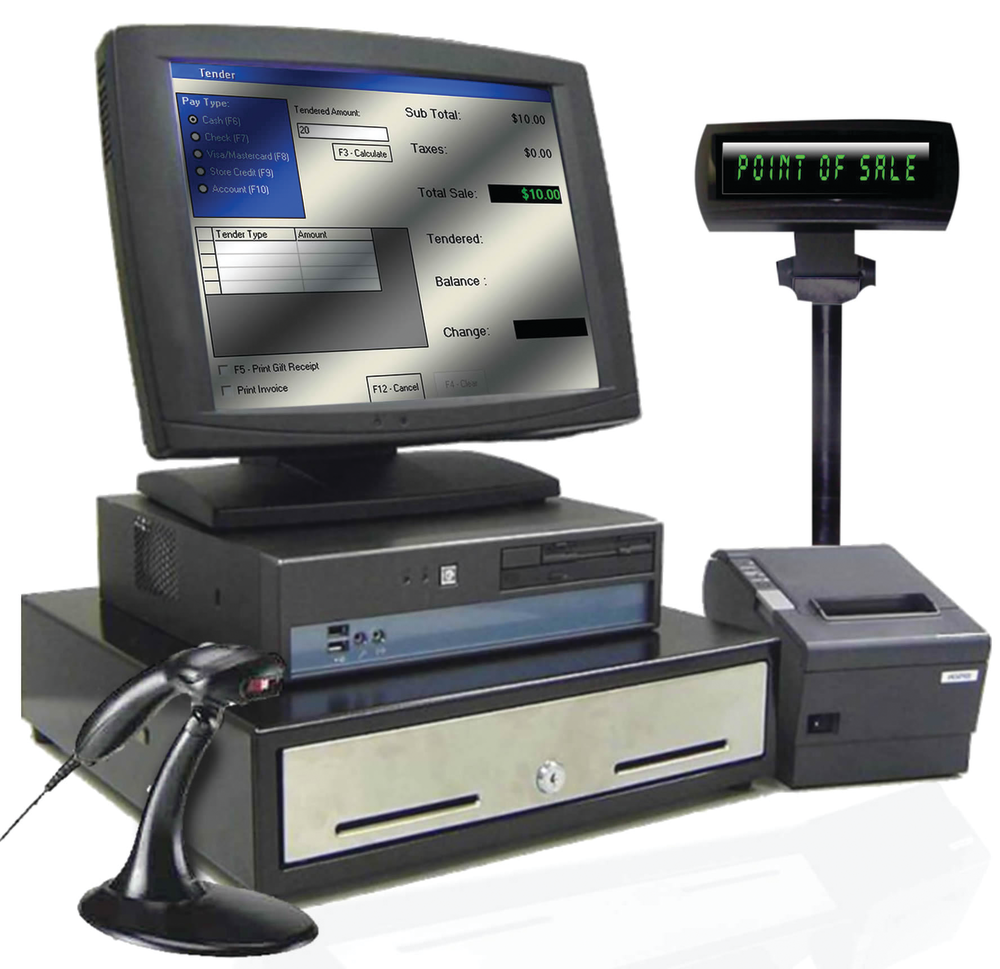Like all technology, POS/Retail Systems change faster than many business owners are prepared for. Retailers, like all of us, can get into their own comfort zone, and while there are a select few that are first in line for the latest technology, gizmo, or gadget, the vast majority of business owners are content to use the software they’ve always used. It’s not that they hate technology, we just hate change.
But in order to survive and thrive in the retail world, retailers must learn to adapt to change, embrace it, and welcome it with open arms. Because even if they don’t, you can be sure that their competition will.
With many smaller retailers struggling to compete with corporate big-box stores, it’s essential to use whatever is necessary to remain not only competitive, but in business.
While many industries have made it a practice to become more responsive to customers, in the retail world, the customer is the business. Without a customer, there is no business.
So many retailers are looking at ways to make their customers happier. Once this decision is made, retail managers begin to see their business in a different light. Can my competition ring up their customers faster than I can? Are my checkout lines longer because I have more customers, or because my cash register is 10 years old and not able to keep up with the longer lines? Can my customers go to my website and order a product and have it shipped to them? Do I have a website? Does my website integrate with my brick and mortar location? Can I accept foreign currency, or do I have to turn down a sale from foreign customers?
There are so many questions that retail managers begin to ask themselves, and finding the answers isn’t always easy.
Retail clients count on the expertise of those guiding them financially. But they must do their part as well; by determining what they are looking for in a POS system.
Retailers typically fall into very general categories. The grocery store manager will tell you that his needs are very different from those of the gift shop down the street. The restaurant manager will have very specific requirements when purchasing POS software, and they will be very different from the high volume retailer with the awesome website.
Determining need is an important step in finding the right POS software product.
While smaller systems can be tweaked enough to suit the majority of smaller retail businesses, larger stores and high-volume entities such as convenience stores will need a product that can be custom designed for their operation.
For this review, we looked at the availability of a long list of system functions, including basic system functions which include ease of use, module availability, multi-store support, multiple pricing levels and the availability of advanced retail functions such as warehouse management, distribution centers, e-commerce functionality, and web-based order entry.
We also looked for specialized features such as touch screen technology, multiple tender options, customer management, and niche market services such as gift cards, coupons, gift registries, and food stamp/EBT acceptance. We also covered tracking and reporting functionality, system integration, import, and export capability, and help/support functions.
In the end, as always, it’s up to you and your client to decide what program will suit their needs, both now and in the future.
Thanks for reading CPA Practice Advisor!
Subscribe Already registered? Log In
Need more information? Read the FAQs





